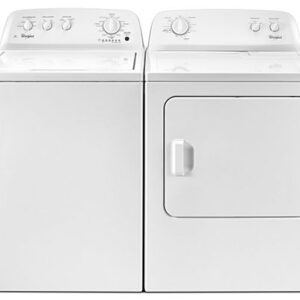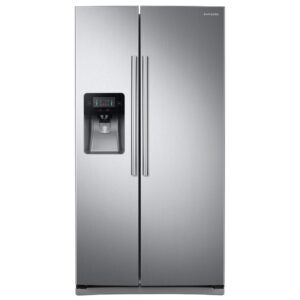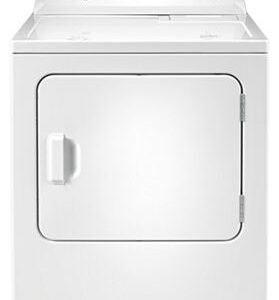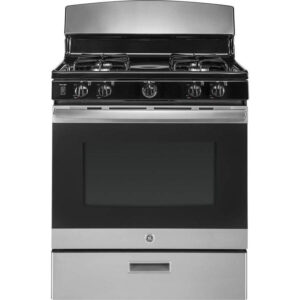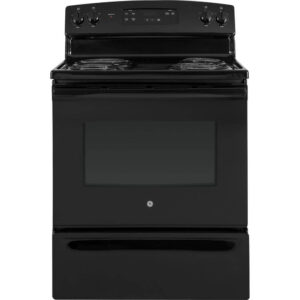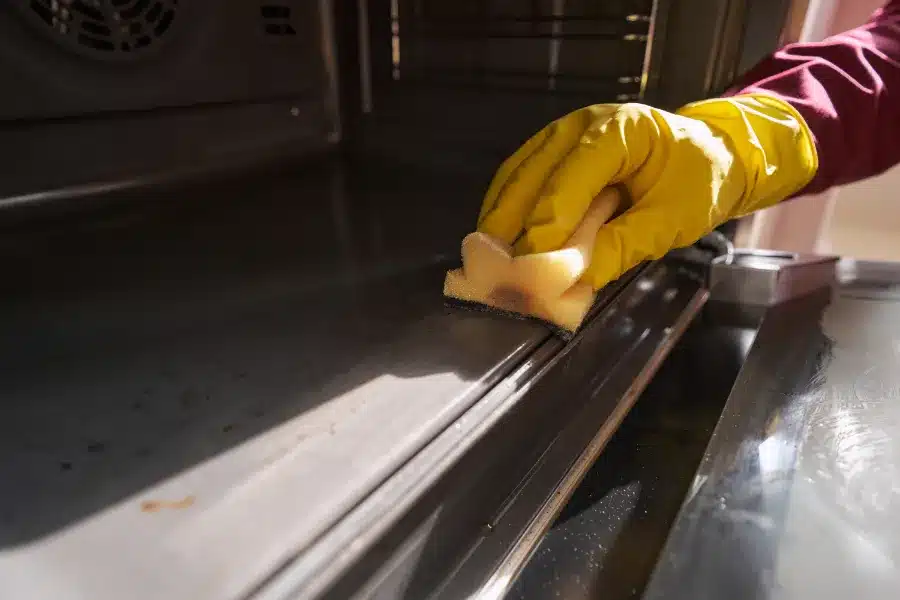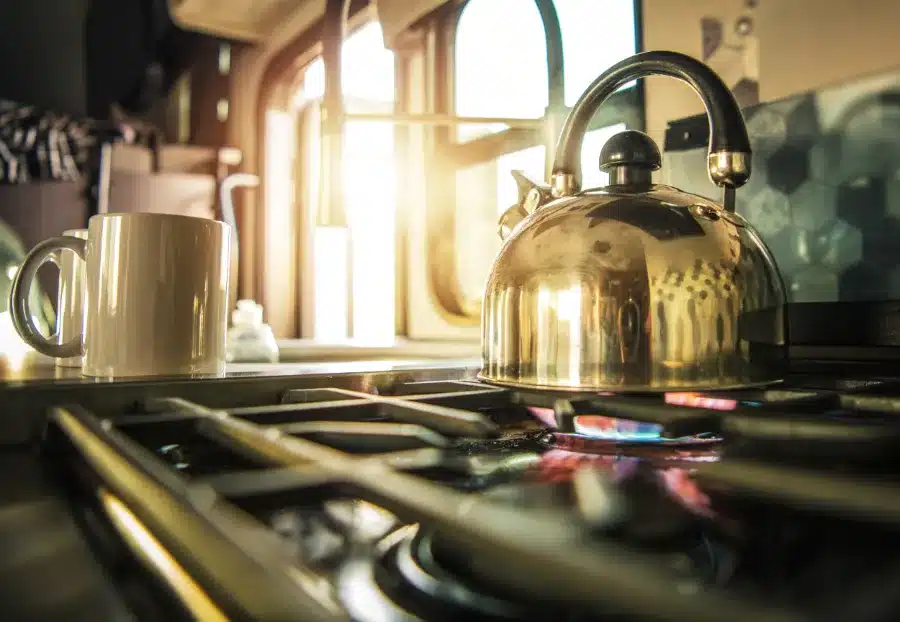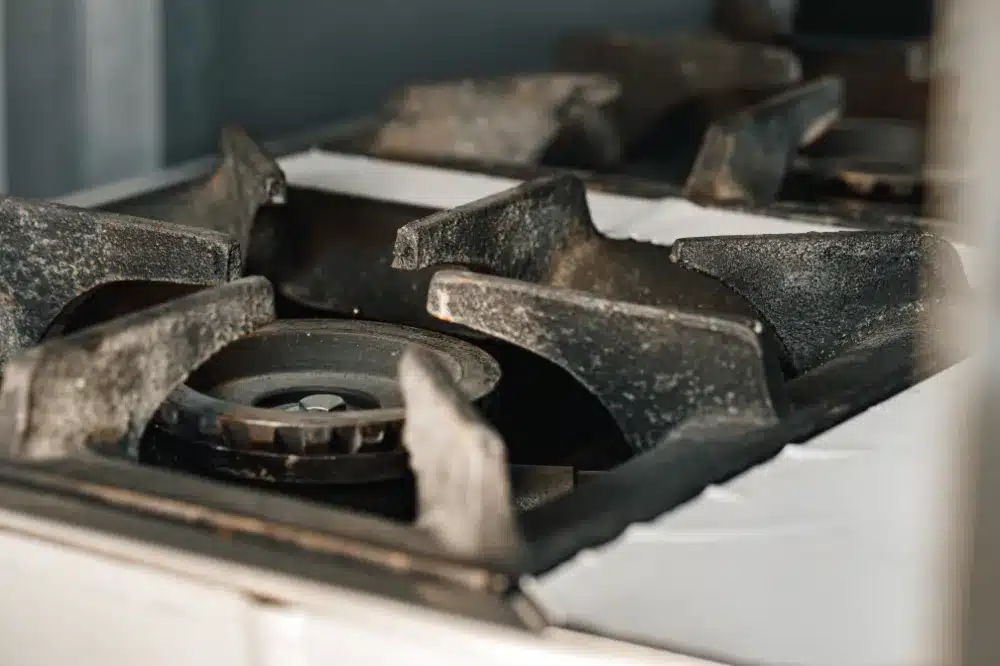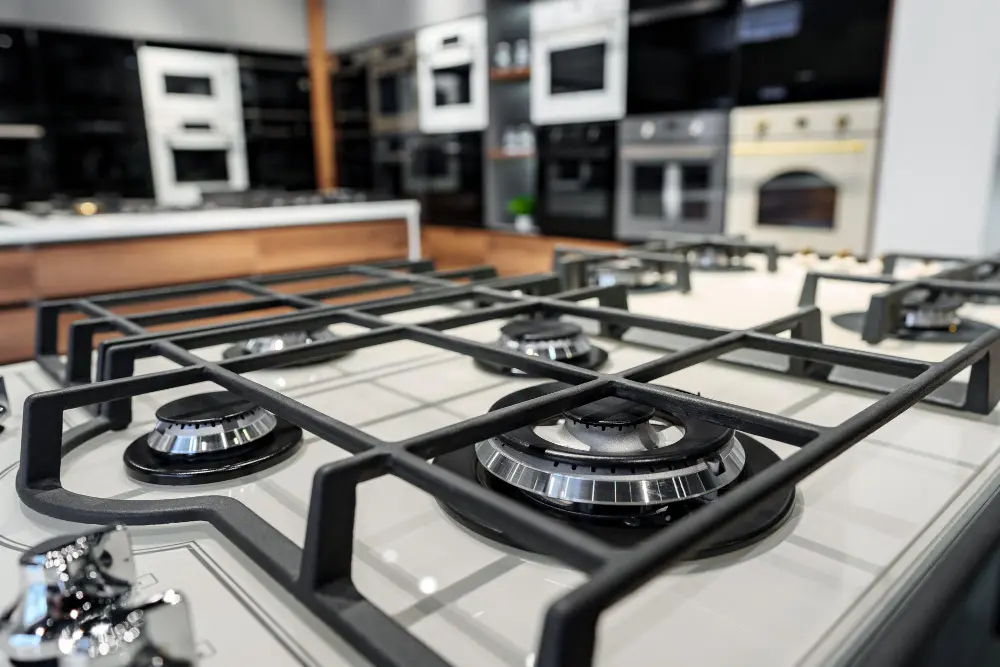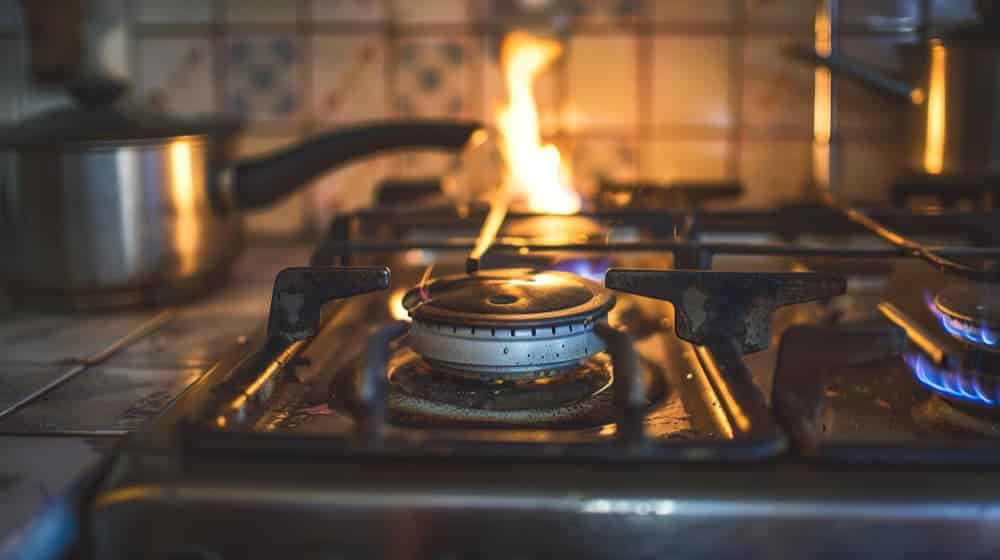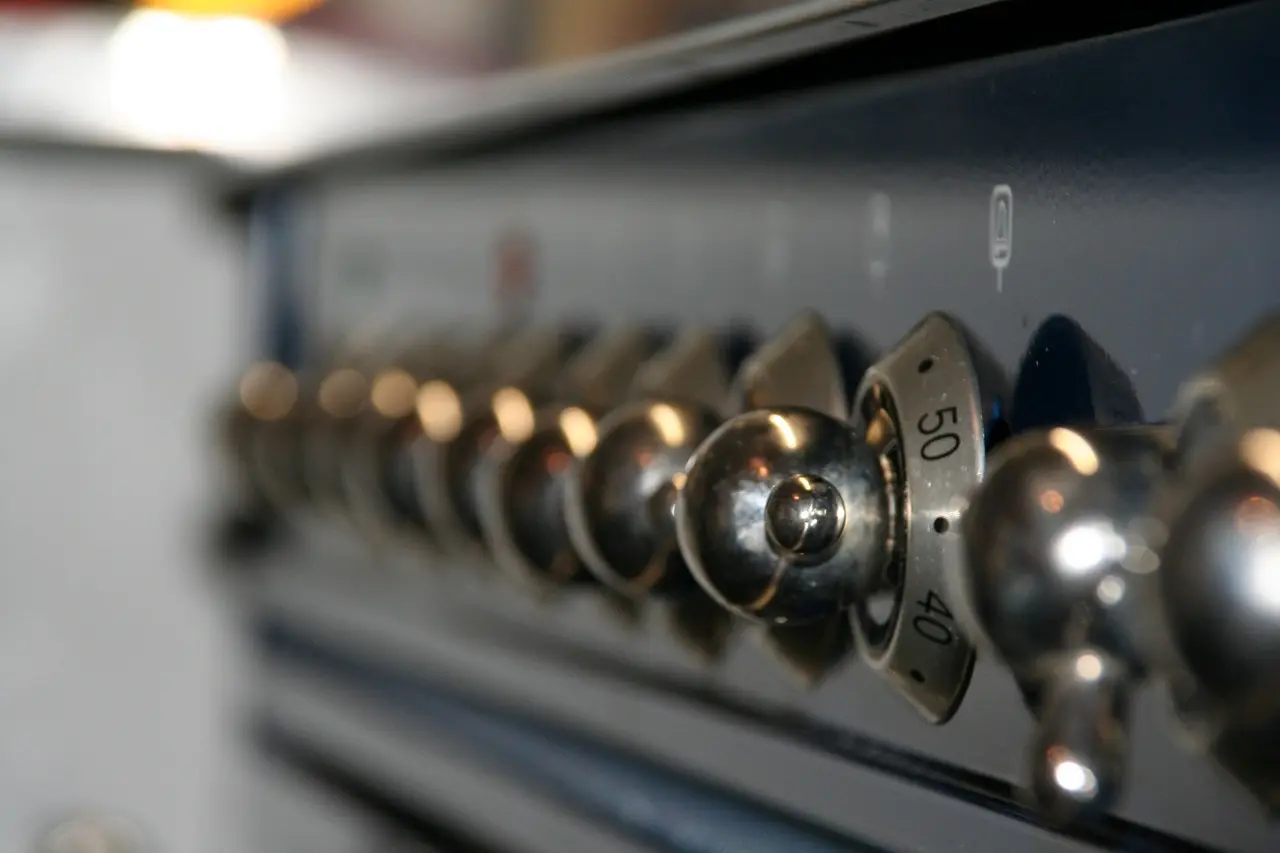Our trusty stoves are the unsung heroes of our daily lives, tirelessly cooking up delicious meals and keeping our kitchens running smoothly. But just like any hardworking appliance, they don’t last forever. Have you ever wondered how long stoves last or how long electric stoves last compared to gas models? Or maybe you’re dealing with a stubborn stove issue and aren’t sure if it’s time for an upgrade.
In this comprehensive guide, we’ll dive deep into the lifespan of stoves, share telltale signs it’s time for a replacement, and provide practical tips to extend the life of your trusty cooktop. Whether you’re a homeowner, renter, or landlord considering replacing appliances in rental property, this article will equip you with the knowledge to make informed decisions about your stove and keep your kitchen running like a well-oiled machine.
The Lifespan of Stoves: Factors to Consider
When it comes to the lifespan of stoves, there are several key factors to consider. The type of stove, its usage, and the level of maintenance it receives can all play a significant role in how long it lasts and the overall appliance lifespan.
Gas Stoves vs. Electric Stoves
Generally speaking, gas stoves tend to have a longer lifespan compared to their electric counterparts. The gas stove lifespan is typically around 15 to 18 years with proper care, while the electric stove lifespan may be slightly shorter at 13 to 15 years. This helps answer the common questions of “how long do gas stoves last?” and “how long do electric stoves last?”.
The reason for this difference lies in the simplicity of gas stove technology. Gas stoves have fewer moving parts and are less prone to issues like heating element burnouts or control panel malfunctions, which are more common in electric models.
Usage and Maintenance
The frequency of use and the level of care a stove receives can also greatly impact its lifespan. Stoves that are used daily for heavy-duty cooking and baking will naturally experience more wear and tear than those used less often. Additionally, stoves that receive regular appliance maintenance tend to last longer than those that are neglected.
Proper cleaning and maintenance, such as wiping down the stovetop, cleaning the oven, and addressing any issues promptly, can extend the life of your stove significantly. Ignoring minor problems or letting grime and buildup accumulate can lead to more serious issues down the line, ultimately shortening the stove lifespan.
Signs It’s Time to Replace Your Stove
Knowing when to replace your stove can be a tricky decision, but there are several telltale signs of stove replacement to watch for. Keep an eye out for these red flags:
Uneven Heating
If your stove is no longer heating evenly, with some burners or oven racks running hotter or colder than others, it could be one of the signs of stove replacement being needed. Uneven heating can be caused by a variety of stove performance issues, from faulty heating elements to problems with the temperature control system.
Frequent Repairs
If you find yourself calling for stove repair services more often than you’d like, it may be time to consider the appliance repair vs replacement debate. Ongoing issues and the need for frequent repairs can be a drain on your time and wallet, and it’s often more cost-effective to invest in a new stove.
Outdated Technology
Older stoves, especially those more than 15 years old, may not have the same energy-efficient appliances and modern conveniences as newer models. Upgrading to a more energy-efficient stove can not only save you money on your utility bills but also reduce your environmental impact.
Safety Concerns
Aging stoves can pose safety risks, particularly gas models. Stove safety concerns like gas leaks, faulty ignition systems, or unreliable temperature controls can create dangerous situations in your home. If you’re worried about the safety of your stove, it’s best to replace it as soon as possible.
Cosmetic Damage
While the appearance of your stove may not be the primary concern, significant cosmetic damage, such as cracked glass, rusting, or a worn-out finish, can be a sign that the appliance is nearing the end of its lifespan. Aesthetic issues can also make your kitchen feel outdated and less appealing.
Extending the Life of Your Stove
Before you start shopping for a new stove, there are several steps you can take to prolong the life of your current appliance. By following a regular maintenance routine and addressing issues promptly, you can squeeze more years out of your trusty cooktop and improve stove efficiency.
Cleaning and Maintenance
Keeping your stove clean is one of the most important stove maintenance tips you can follow to extend its lifespan. Regularly wipe down the stovetop, oven interior, and exterior surfaces to prevent the buildup of grease, food debris, and other grime. Use a mild, non-abrasive cleaner and avoid using harsh chemicals or abrasive scouring pads, which can cause stove wear and tear.
Be sure to also clean the burners, oven racks, and any other removable parts according to the manufacturer’s instructions. This will help ensure that your stove is operating at peak efficiency and reduce the risk of breakdowns.
Addressing Issues Promptly
If you notice any stove malfunction signs, such as uneven heating, strange noises, or malfunctioning controls, don’t wait to address them. Ignoring these problems can lead to more significant and costly repairs down the line. Contact a qualified appliance repair technician as soon as possible to diagnose and resolve the issue.
Proper Usage
How you use your stove can also impact its longevity. Avoid overloading the oven or stovetop, and be mindful of the maximum weight and capacity recommendations provided by the manufacturer. Additionally, be careful not to drop or bang heavy pots and pans on the stovetop, as this can cause damage to the burners or the cooktop surface.
Regular Maintenance Checks
Set a reminder to perform a thorough inspection of your stove every few months. This should include checking the condition of the burners, oven door seals, temperature sensors, and any other critical components. Addressing any issues or wear and tear early on can help prevent more serious stove performance issues from developing.
Stove Replacement: When to Make the Switch
Even with the best care and maintenance, stoves will eventually reach the end of their lifespan. Knowing when to replace appliances like your stove can be a tricky decision, but there are a few key factors to consider:
Age of the Stove
As a general rule of thumb, the gas stove lifespan tends to be 15 to 18 years, while electric stoves may last around 13 to 15 years. If your stove is approaching or exceeding these age ranges, it may be time to start planning for a replacement.
Cost of Repairs
When your stove starts to experience more frequent issues or requires costly repairs, it may be more economical to invest in a new appliance. As a general guideline, if the repair cost is more than half the price of a new stove, it’s usually better to opt for stove replacement.
Energy Efficiency
Older stoves, especially those more than 10 years old, are often less energy-efficient than newer models. Upgrading to an Energy Star-certified stove can not only save you money on your utility bills but also reduce your stove energy consumption and carbon footprint.
Safety Concerns
If your stove is posing safety risks, such as gas leaks or unreliable temperature controls, it’s essential to replace it as soon as possible to protect your family and your home.
Aesthetic Considerations
While functionality should be the primary concern, the appearance of your stove can also play a role in your decision to replace it. If your stove is significantly outdated or damaged, it may be time to upgrade to a more modern, visually appealing model that complements the rest of your kitchen.
Stove Rental: A Convenient Alternative
If you’re not ready to commit to a full stove replacement or are on a tight budget, stove rental may be a viable option to consider. Stove rental services, such as those offered by A&A Appliance Leasing, provide an affordable and convenient way to access a high-quality stove without the upfront cost of purchasing one.
Benefits of Stove Rental
- Flexibility: Stove rental allows you to try out different models or upgrade to a newer, more energy-efficient appliance without the long-term commitment of ownership.
- Affordability: Renting a stove can be significantly more budget-friendly than buying one, especially for those on a tight budget or experiencing financial constraints. This is particularly beneficial for rental property investments where replacing appliances in rental property can be costly.
- Convenience: With stove rental services, you can have a new appliance delivered and installed within 48 hours, eliminating the hassle of shopping for and transporting a heavy stove.
- Maintenance and Repairs: Many stove rental providers offer comprehensive maintenance and repair services, ensuring your appliance is always in top working condition. This can be a significant advantage for rental property maintenance and management.
Signing Up for Stove Rental
The process of signing up for stove rental is quick and straightforward. With A&A Appliance Leasing, you can complete the sign-up in less than 5 minutes and have your new stove delivered and installed within 48 hours. The best part? There’s no credit check required, and everyone qualifies to start leasing an appliance.
Conclusion
Stoves are essential appliances that play a crucial role in our daily lives, but they don’t last forever. By understanding how long stoves last, how long electric stoves last compared to gas models, and recognizing the signs that it’s time for a replacement, you can keep your kitchen running smoothly for years to come.
And if you’re not quite ready to commit to a full stove replacement, consider the convenient and affordable option of stove rental. With services like those offered by A&A Appliance Leasing, you can access a high-quality stove without the long-term investment, allowing you to enjoy a modern, energy-efficient cooktop on your own terms.
Remember, taking care of your stove and addressing issues promptly is the key to maximizing its lifespan and keeping your kitchen in top shape. By following the tips and insights outlined in this article, you’ll be well on your way to maintaining a reliable, safe, and efficient stove for years to come.



